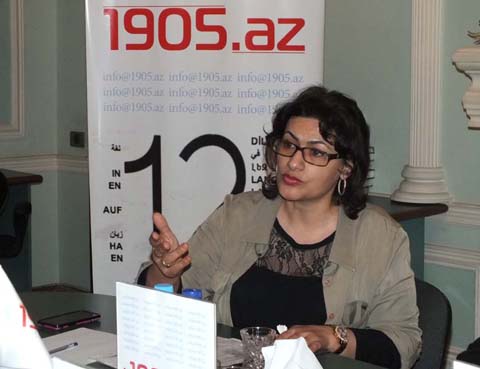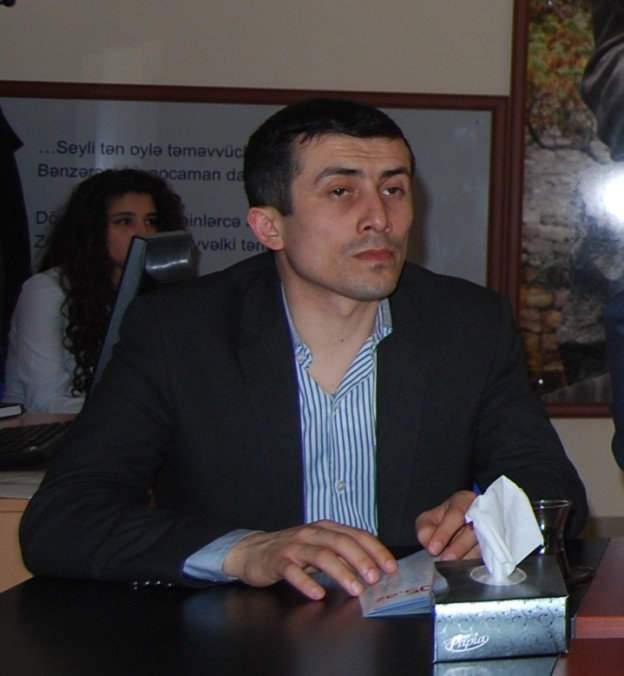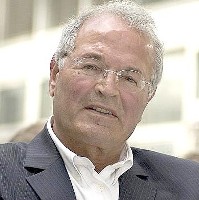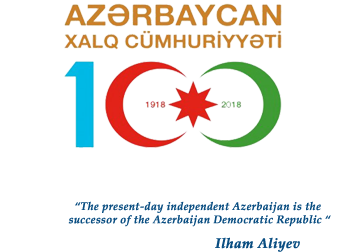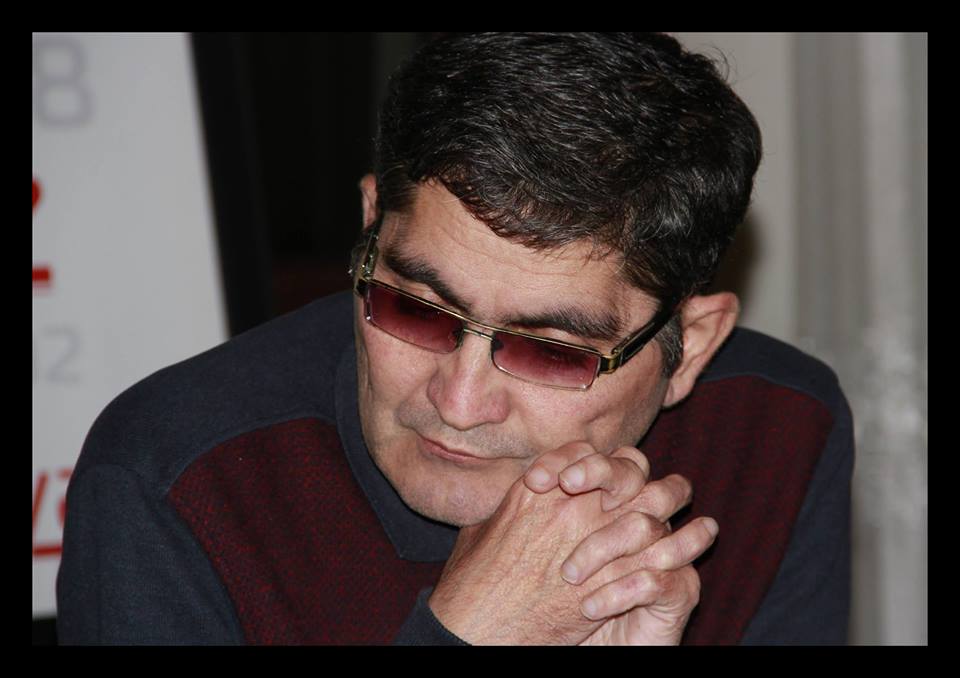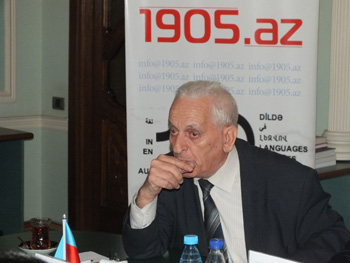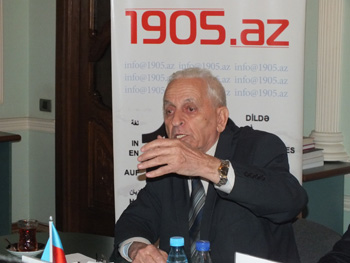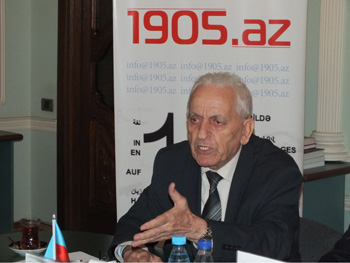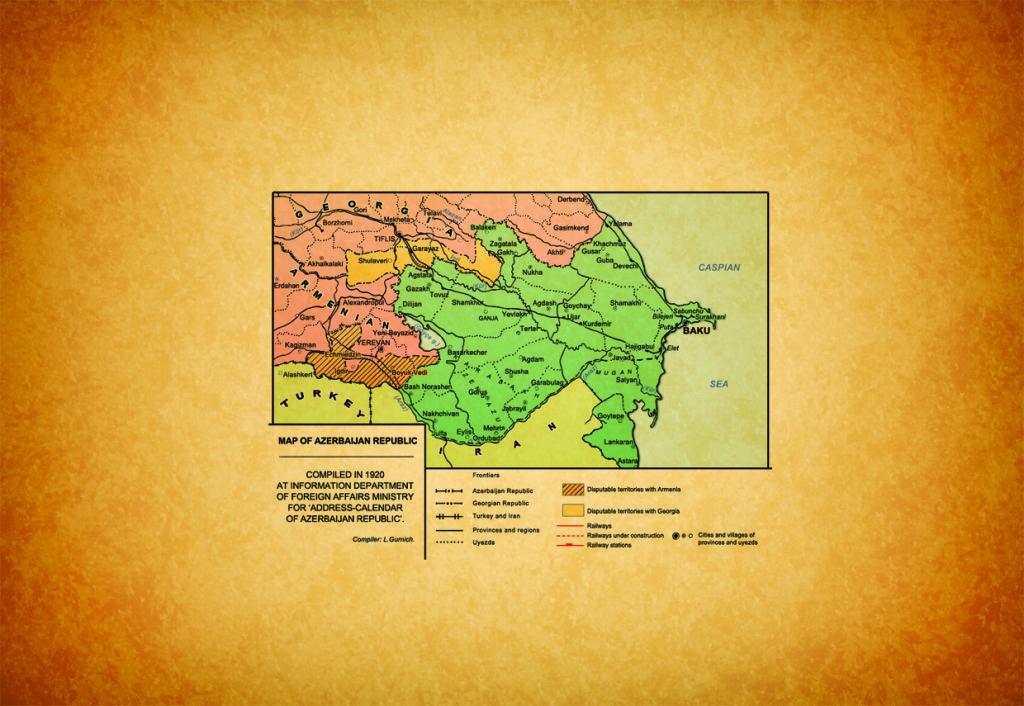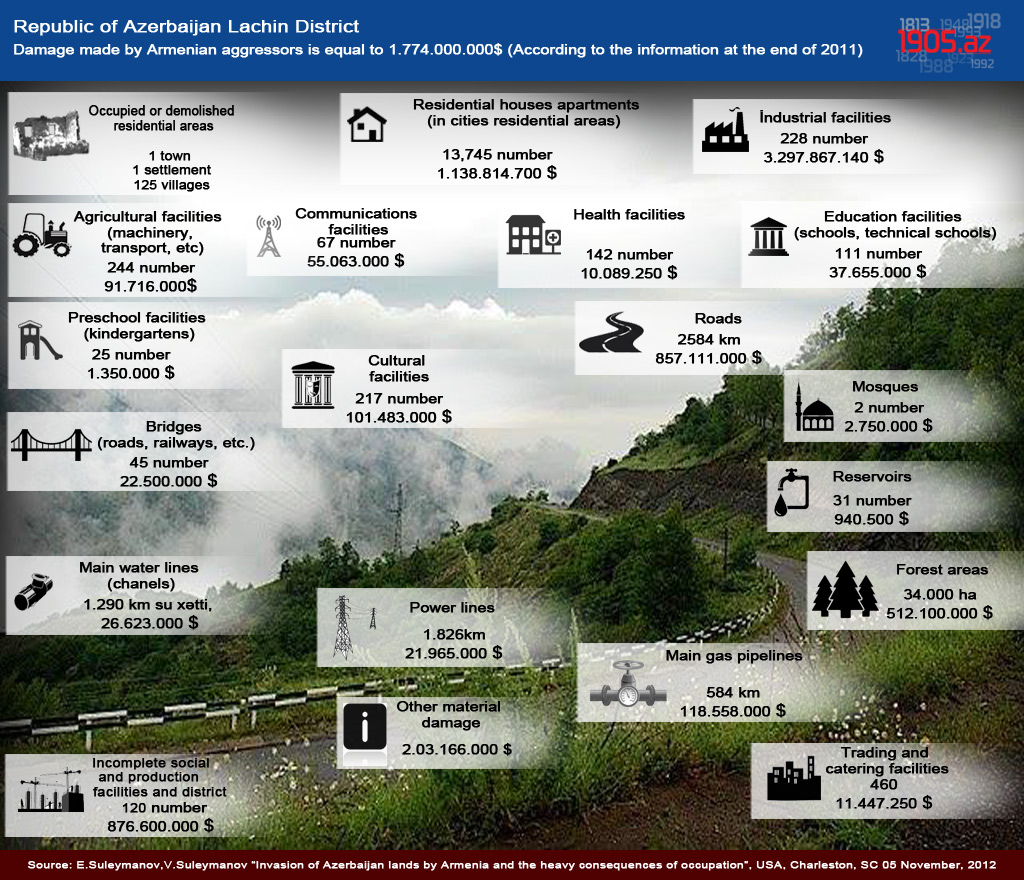Eradication of Armenia’s aggression and occupation has been a major priority of Azerbaijan, the Azerbaijani Foreign Minister Elmar Mammadyarov told media representatives in an interview on the outcomes of 2014.
He said Azerbaijan’s stance in the talks for the settlement of the Nagorno-Karabakh conflict is based on withdrawal of Armenian troops from the occupied territories of Azerbaijan, eradication of occupation and aggression, which form the fundamental basis of conflict, return of Azerbaijani refugees and IDPs to their native lands and restoration of Azerbaijan’s territorial integrity, sovereignty and internationally recognized borders.
The minister went on to add that at all the meetings it was particularly emphasized that Azerbaijan’s territorial integrity can in no way be a subject of negotiations.
“The norms and principles of international law, the Charter of the United Nations, four resolutions of UN Security Council and other documents adopted by international organizations constitute the political and legal basis of our position,” the minister said.
“International community sees the resolution of the conflict based on these principles, particularly within the territorial integrity, sovereignty and internationally recognized borders of Azerbaijan,” he added.
Mammadyarov noted that throughout the year, sustainable efforts have been undertaken within international organizations to further strengthen this position.
He also said that in the Wales Summit Declaration, the NATO member states reiterated their support to Azerbaijan’s territorial integrity, independence and sovereignty, and stressed that they will continue to support efforts towards a peaceful settlement of conflicts in the South Caucasus based on these principles and norms of international law.
The minister further noted that the Declaration of Jeddah of the Council of Foreign Ministers of Member States of the Organization of Islamic Cooperation (OIC) expressed solidarity with Azerbaijan’s just cause in resolution of the Nagorno-Karabakh conflict.
“OIC, by its resolutions on the Aggression of the Republic of Armenia against the Republic of Azerbaijan, and the Destruction and Desecration of Islamic Historical and Cultural Relics and Shrines in the Occupied Azerbaijani Territories Resulting from the Aggression of the Republic of Armenia against the Republic of Azerbaijan, deplores occupation and aggression of Armenia against Azerbaijan,” Mammadyarov added.
He said that in the Final Document of the 17th Mid-Term Ministerial Meeting of the Non-Aligned Movement (NAM), held May 28-29 in Algiers, the NAM states’ ministers expressed regret that despite the UN Security Council resolutions, the conflict between Armenia and Azerbaijan remains unresolved and continues to endanger international and regional peace and security.
“They encouraged the parties to continue to seek a negotiated settlement of the conflict within the territorial integrity, sovereignty and internationally recognized borders of the Republic of Azerbaijan,” the minister added. “NAM is the second organization in the world by quantity of its member countries after the UN.”
He said the final communiqué of the Forum of League of Arab States-Central Asia-Azerbaijan, held in Riyadh, Saudi Arabia, underscored the importance of the settlement of the Nagorno-Karabakh conflict in line with relevant resolutions of the UN Security Council based on the sovereignty and territorial integrity principles.
“Moreover, this position for the resolution of the conflict was also reaffirmed in the final documents of Azerbaijan-Georgia-Turkey and Azerbaijan-Iran-Turkey trilateral meetings, and in the bilateral joint statements of Azerbaijan with other countries,” the minister said.
He went on to add that Armenia by all means tried to hinder the adoption of the documents that urge the conflict’s resolution, especially within Azerbaijan’s territorial integrity, sovereignty and internationally recognized borders, but was doomed to failure at every attempt.
Mammadyarov also said sustainable efforts were undertaken for recognition of Khojaly genocide, which is one of the most horrible tragedies of the humanity, and dissemination of the realities of Karabakh in the world.
“So far, the legislative bodies of Columbia, Czech Republic, Romania, Serbia, Honduras, Peru, Panama, Pakistan, Mexico, Jordan, Bosnia and Herzegovina and Sudan and 15 states of the US officially recognized Khojaly genocide and expressed support for the territorial integrity and sovereignty of Azerbaijan, inter alia, Azerbaijan was reaffirmed as a reliable strategic partner,” he added.
The minister said the involvement of foreign physical and legal persons in illegal activities in Azerbaijan’s occupied territories is under close scrutiny of the Foreign Ministry and Azerbaijan’s diplomatic missions, and necessary steps have been taken to prevent such illegal activities on bilateral and multilateral tracks.
He added that some positive indications were observed towards the conflict’s settlement during the meetings of the presidents of Azerbaijan and Armenia, held by the OSCE Minsk Group co-chair countries in Sochi on Aug. 10, at the initiative of Russian President Vladimir Putin, in Wales on Sept. 4, at the initiative of the US Secretary of State John Kerry, and in Paris on Oct. 27, at the initiative of French President Francois Hollande.
Mammadyarov reminded that following the Paris meeting, the French President Francois Hollande called on the conflicting parties, Armenia and Azerbaijan, to begin working on Comprehensive Peace Agreement (CPA).
He said the OSCE Minsk Group’s co-chairs in their Basel statement, made on Dec. 4 at the level of foreign ministers, urged to begin talks on the CPA as soon as possible.
The minister said that however, amid positive indications in the talks towards the conflict’s settlement, Armenia resorted to provocations to undermine the talks and deliberately escalate the situation.
“The July-August incidents on the line of contact and the large-scale military exercises in the occupied territories of Azerbaijan were nothing else than sheer attempts of provocation,” he said.
“In order to affect the sensitive feelings of Azerbaijani society, Dilgam Asgarov and Shahbaz Guliyev were taken hostages while visiting the graveyards of their parents in their native land, and Hasan Hasanov was brutally killed,” Mammadyarov said.
He further noted that Armenia continued the provocative attempts, such as intensive violation of ceasefire, targeting civilians across the contact line and Armenia-Azerbaijan border, and changing the demographic situation in Azerbaijan’s occupied territories.
Mammadyarov said Armenia, as an aggressor state, should be by all categories subjected to sanctions for its acts of occupation, aggression and bloody ethnic cleansing against Azerbaijan.
He added that however, such measures of sanctions have not been so far taken in respect of Armenia.
The minister said if the sanctions had been imposed on Armenia in time, its aggression and occupation against Azerbaijan would have been halted and over a million of Azerbaijanis wouldn’t have become refugees and IDPs.
“Therefore, the OSCE Minsk Group co-chairs should take necessary measures to cease the pretexts and provocations of Armenia, and to set it in a constructive track and enforce it to start working on the CPA,” he said, adding, “Meanwhile, the measures to make Armenia subject of strict sanctions should also be reviewed seriously.”
Mammadyarov also noted that the lack of solution to the conflict constitutes the major threat to the regional peace and security, and Armenia bears full responsibility for that.
“For the peaceful settlement of the conflict, first and foremost, the armed forces of Armenia must be withdrawn from the occupied territories of Azerbaijan,” Minister Mammadyarov stressed.
Trend.az

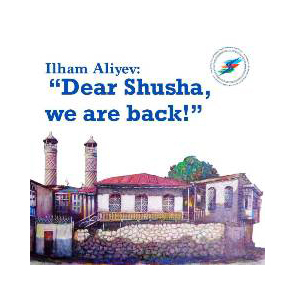

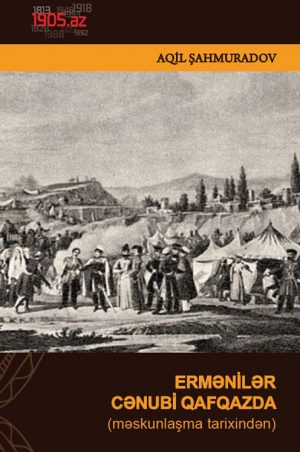





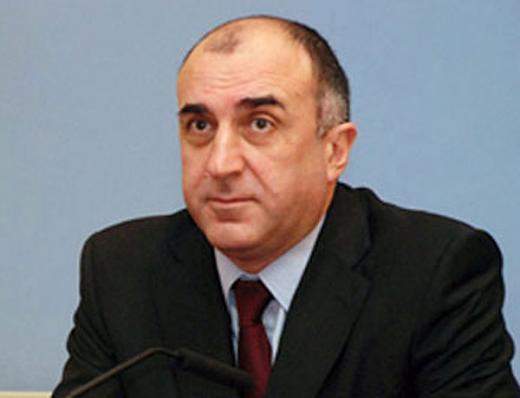
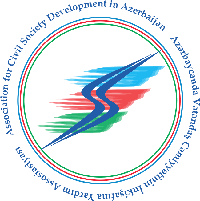
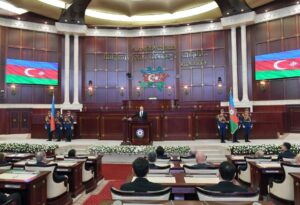 Inauguration ceremony of President of Azerbaijan Ilham Aliyev was held
Inauguration ceremony of President of Azerbaijan Ilham Aliyev was held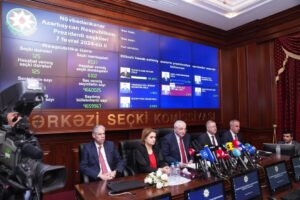 Ilham Aliyev wins presidential election with 92.05 percent of votes VIDEO
Ilham Aliyev wins presidential election with 92.05 percent of votes VIDEO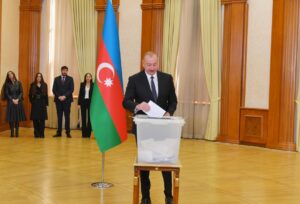 President Ilham Aliyev, First Lady Mehriban Aliyeva and family members voted in Khankendi VIDEO
President Ilham Aliyev, First Lady Mehriban Aliyeva and family members voted in Khankendi VIDEO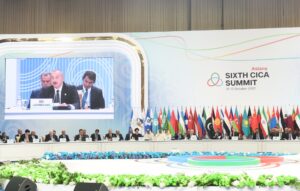 Plenary session of 6th Summit of Conference on Interaction and Confidence Building Measures in Asia gets underway in Astana. President Ilham Aliyev attends the plenary session VIDEO
Plenary session of 6th Summit of Conference on Interaction and Confidence Building Measures in Asia gets underway in Astana. President Ilham Aliyev attends the plenary session VIDEO President Ilham Aliyev was interviewed by Azerbaijani TV channels in Prague VIDEO
President Ilham Aliyev was interviewed by Azerbaijani TV channels in Prague VIDEO



